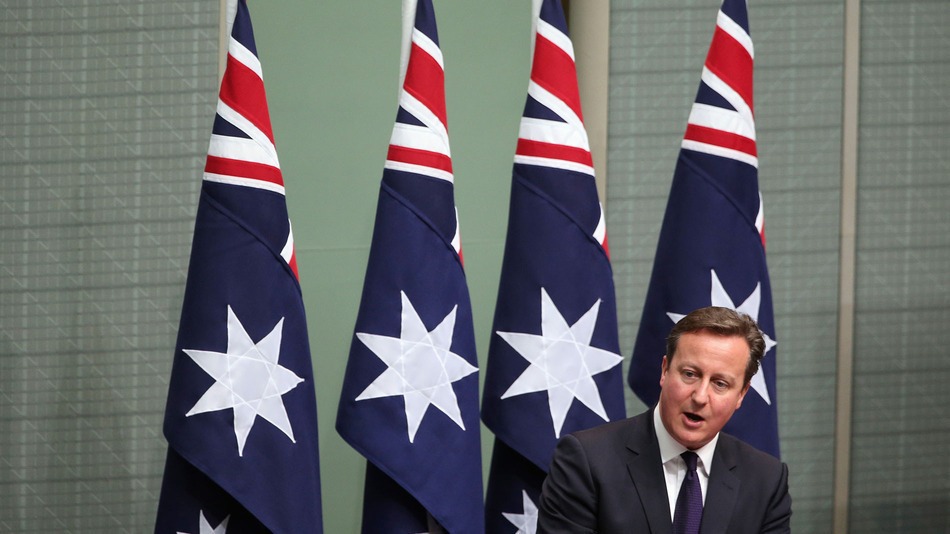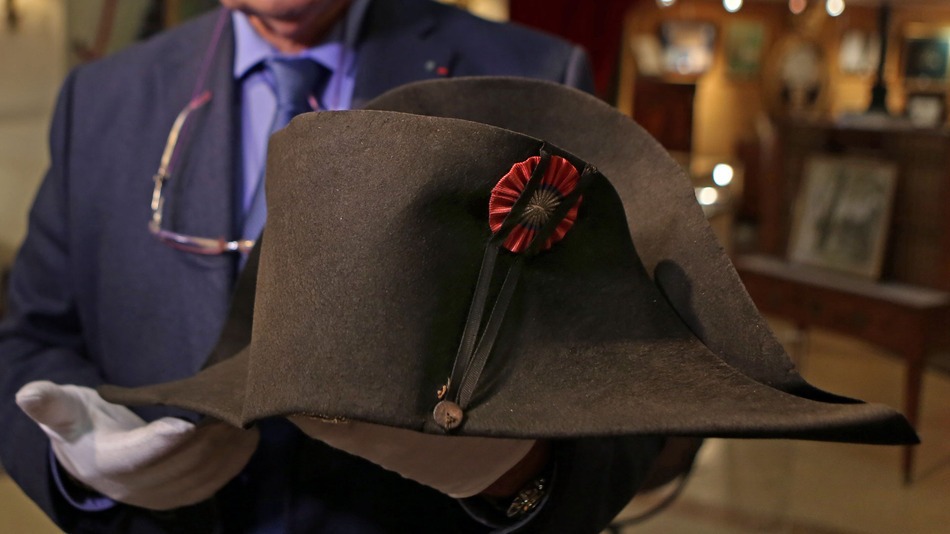e-News® | The NEWS Company.. : British jihadists who travel abroad to fight in countries such as Iraq or Syria could be banned from returning to the UK, according to new anti-terror laws outlined by David Cameron. Addressing Australia’s parliament Friday, Cameron said police in ports will be given new powers to seize passports to both stop British nationals returning to the UK and prevent “suspects” from travelling abroad. The British Prime Minister was in Canberra ahead of the G20 taking place Saturday in Brisbane. Cameron said new measures in the counter-terrorism bill would mean British nationals returning from countries like Iraq and Syria would only be allowed back into the UK if they do so “on our terms.”
“We must ban extremist preachers from our countries,” he said. “We must root out extremism from our schools, universities and prisons and as we do so we must work with the overwhelming majority of muslims who abhor the twisted narrative that has seduced some of our people.”
The new bill, which had first been flagged last month in the House of Commons, will be introduced later this month and is expected to be rushed into law by January, the BBC reports. British citizens suspected of fighting with Islamic State militants would be stopped under new Temporary Exclusion Orders, their passports cancelled and names added to a no-fly list, however their citizenship would not be revoked. The orders would last for up to two years at a time and, for the first time, the power would be extended to cover people under the age of 18. Under the new law, passports could be seized for up to 30 days with a magistrate’s review after 14 days. There will also be new rules to prevent airlines who don’t comply with Britain’s no-fly lists and security screening measures from landing in the UK’s airports, according to the Prime Minister.
The new requirements will compel airlines to have systems capable of receiving instructions to offload or to screen any passenger. Carriers will also be required to refuse the right to board to UK citizens who are subject to a Temporary Exclusion Order as well as foreign nationals reasonably suspected of terrorist activity and individuals reasonably suspected of posing a direct threat to the security of any aircraft, ship or train, The Guardian reports.
Cameron also used his speech to call on social media companies to do their part to take down extremist material from the internet. He said the UK government is pushing companies to strengthen filters, improve reporting mechanisms and take down “harmful” material. “We must not allow the internet to be an un-governed space,” he said. “This is their social responsibility and we expect them to live up to it.” Civil liberties groups have expressed concerns about the new counter-terrorism laws outlined.
Britain’s security needs to be built on intelligence, evidence and justice, not new laws, speeches and sound-bites, human rights group Liberty has said. “Dumping suspect citizens like toxic waste, abdicating your responsibilities to the international community, is a very strange way of promoting the Rule of Law,” said Liberty Director Shami Chakrabarti.
“Summary powers to ‘stop and seize’ passports at airports will prove just as divisive and counterproductive as the infamous stop and search powers that preceded them,” she said. The Australian parliament passed a bill in October that gave the government the power to cancel passports in a bid to tackle the problem of its citizens joining the conflict in Iraq and Syria.





































